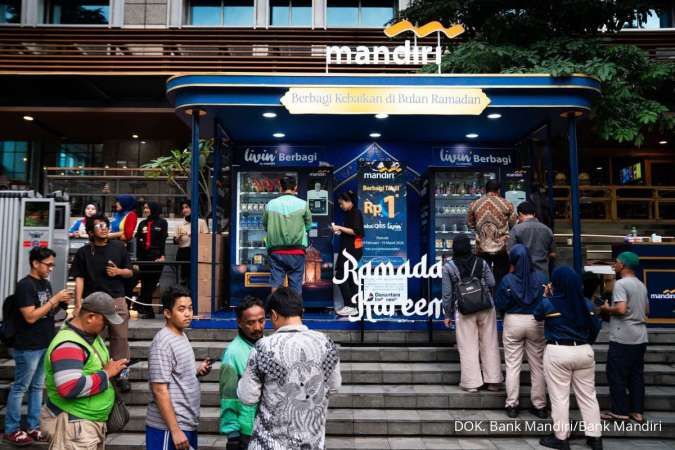JAKARTA. Bank Mandiri plans to reduce the non-performing loan (NPL) rate of Bank Mandiri by limiting the credit allocation through its regional offices.To date, a regional office of Bank Mandiri is allowed to agree on a credit allocation at maximum Rp 250 billion per customer. Starting from March 2017, the regional office of Bank Mandiri can only allocate credit at maximum only Ro 10 billion per customer.The management of Bank Madiri expects that this strategy can reduce the NPL rate, as well as prevent the potentials of NPLs in the future. As information, the NPL rate of Bank Mandiri has increased from 2.92% in 2015 to 3.96% in 2016.
Bank Mandiri to reduce the NPLs
JAKARTA. Bank Mandiri plans to reduce the non-performing loan (NPL) rate of Bank Mandiri by limiting the credit allocation through its regional offices.To date, a regional office of Bank Mandiri is allowed to agree on a credit allocation at maximum Rp 250 billion per customer. Starting from March 2017, the regional office of Bank Mandiri can only allocate credit at maximum only Ro 10 billion per customer.The management of Bank Madiri expects that this strategy can reduce the NPL rate, as well as prevent the potentials of NPLs in the future. As information, the NPL rate of Bank Mandiri has increased from 2.92% in 2015 to 3.96% in 2016.

